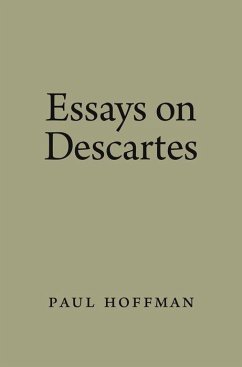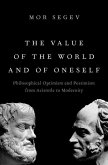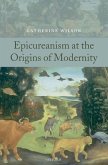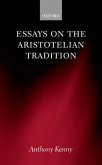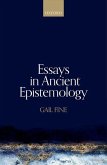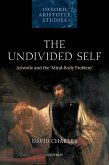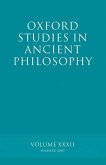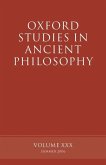This is a collection of Paul Hoffman's wide-ranging essays on Descartes composed over the past twenty-five years. The essays in Part I include his celebrated "The Unity of Descartes' Man," in which he argues that Descartes accepts the Aristotelian view that soul and body are related as form to matter and that the human being is a substance; a series of subsequent essays elaborating on this interpretation and defending it against objections; and an essay on Descartes' theory of distinction. In the essays in Part II he argues that Descartes retains the Aristotelian theory of causation according to which an agent's action is the same as the passion it brings about, and explains the significance of this doctrine for understanding Descartes' dualism and physics. In the essays in Part III he argues that Descartes accepts the Aristotelian theory of cognition according to which perception is possible because things that exist in the world are also capable of a different way of existing in the soul, and he shows how this theory figures in Descartes' account of misrepresentation and in the controversy over whether Descartes is a direct realist or a representationalist. The essays in Part IV examine Descartes' theory of the passions of the soul: their definition; their effect on our happiness, virtue, and freedom; and methods of controlling them.
Hinweis: Dieser Artikel kann nur an eine deutsche Lieferadresse ausgeliefert werden.
Hinweis: Dieser Artikel kann nur an eine deutsche Lieferadresse ausgeliefert werden.

